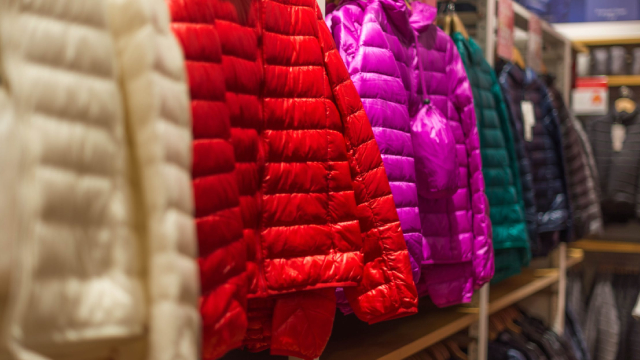
CURV
Torrid Holdings Inc.
$1.3
0.01
(0.78%)
| Exchange: | |
| Market Cap: | 135.493M |
| Shares Outstanding: | 110M |
About The Company
| Sector: | Consumer Cyclical | |||||
| Industry: | Apparel – Retail | |||||
| CEO: | Lisa M. Harper | |||||
| Full Time Employees: | 1810 | |||||
| Address: |
|
|||||
| Website: | https://www.torrid.com |
Torrid Holdings Inc. operates in women’s plus-size apparel and intimates market in North America. The company designs, develops, and merchandises its products under the Torrid and Torrid Curve brand names. It is involved in the sale of tops, bottoms, dresses, denims, activewear, intimates, sleep wear, swim wear, and outerwear products; and non-apparel products comprising accessories, footwear, and beauty products. The company sells its products directly to consumers through its e-commerce platform and its physical stores. As of January 29, 2022, it operated 624 stores in 50 U.S. states, Puerto Rico, and Canada. Torrid Holdings Inc. was incorporated in 2019 and is headquartered in City of Industry, California.
Click to read more…
Revenue Segmentation
EPS
Earnings Call
Income Statement
(* All numbers are in thousands)
Balance Sheet
(* All numbers are in thousands)
Cash Flow Statement
(* All numbers are in thousands)
Analyst Estimates
(* All numbers are in thousands)



